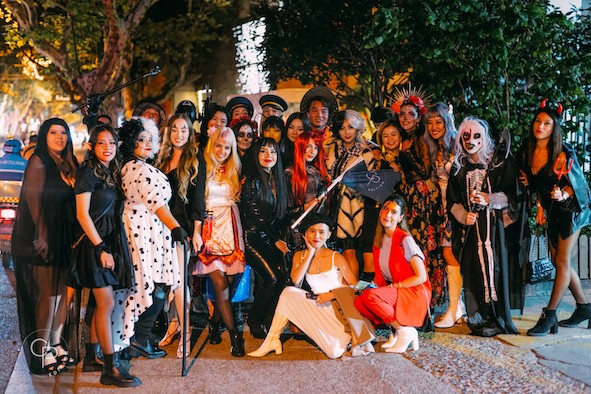In his 1967 coming-of-age memoir Stop Time, author Frank Conroy describes his wry, sad and beautiful introduction to the world of prose as an adolescent in New York.
"I'd lie in bed," he pens with gripping detail, "and read one paperback after another until two or three in the morning. The real world dissolved and I was free to drift in fantasy, living a thousand lives, each one more powerful, more accessible and more real than my own."
I know that child. I am that child, sans the heartache and poverty. And for as long as I can remember, I have always read that way.
These days, with two sprightly tots in tow, I have swapped mildewed paperbacks for brightly colored hardbacks that tell of the staged, mind-blowing, earth-shattering adventures of Biff, Chip, Kipper and their mischievous dog Floppy, all in the hopes of imparting the fine art of phonetic awareness.
This epic journey of digraphs and morphemes has brought me to an age-old question: why is it important for children to truly understand what they are reading?
It’s 2016, and our Google/Facebook/Twitter culture means we often read with the sole purpose of either knowing to know (read: so we win at trivia nights), knowing to share (read: so we look like we’re well read) or knowing to comment (read: so we have an opinion). This appears to be changing the way we interact, communicate and, ultimately, read.
To grasp this most bewildering concept, one must understand the following neuroscientific phenomenon. A newborn’s brain is hardwired to learn a language; they don’t need to be taught as it just happens naturally.
Learning how to read, however, is a completely different story. It is a complex, structured process that follows a typical and specific path. It starts with fundamental phonological processing – the awareness of sounds themselves – which then builds into phonics, or the ability to decode a sound that translates into and matches an abstract symbol. Eventually, that merges into a full, automatic rattle.
There are certain aspects that slow down this process (such as socioeconomic status, sensory processing difficulties or other medical disorders) or accelerate it (such as continuous effort, constant parental involvement and a rich environment with instruction from educators that are able to motivate, effectively track levels and deliver regular feedback). So no surprises here; unlike language acquisition, reading is a taught skill.
But returning to the burning question at hand, how does one know if a child fully comprehends what they are reading? Are they just doing so from an illustrated page because context clues help (and because they want a sticker), or are they actually lost and drifting in sheer fantasy like young Conroy, as they effortlessly narrate away? Is it too much to ask of a child aged 4 or 5?
No, according to Professor Daniel T. Willingham, a researcher and psychologist at the University of Virginia. His article in the Washington Post seven years ago, called ‘Language and the Brain,’ claims we are all illiterate. Yes, illiterate, unless of course, we use this god-given gift called imagination.
No matter how many words we can sound out, he says, we are all untaught, unless we truly understand the purpose of the artful combination of these 26 symbols. Being a reader, in other words, escapes exact definition; it ultimately involves so much more than the skill itself.
Think of it as a massaging of the creative cognizance, to inspire a slowing down of the senses, in order to think, contemplate, discover and imagine while floating amongst thumb-sized fairies, rainbow-colored unicorns and green monsters that live in a closet.
I’ve often proclaimed that the world within pages is more compelling than the world without, and I am sticking to my guns here. Sound the words to decode, feel the words to get lost, then – wait for it – read the words to imagine.






















0 User Comments